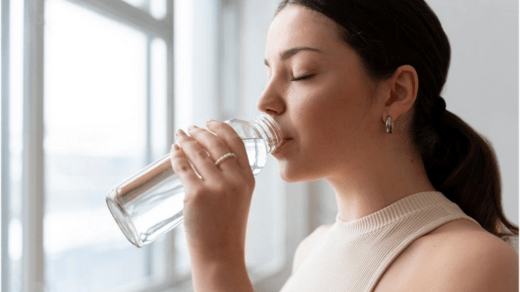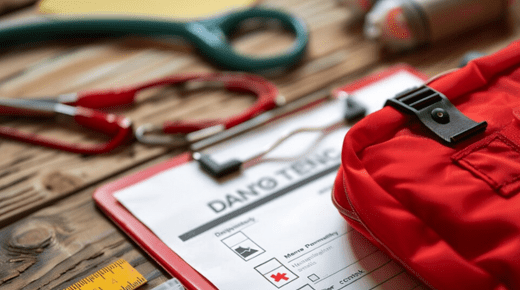Water is the basic need of every human. Everyone in this world deserves to have access to safe and clean drinking water, but this doesn’t happen every time. Sometimes, you might have to consume contaminated or hard water, which can cause many health-related issues. These issues may include diarrhea, vomiting, and pneumonia. However, if you’re really concerned about the quality of water, then there are several ways through which you can improve the quality of the water and ensure it’s safe for you and your family. Here are a few tips to help you get started.
1. Test Your Water
If you think that the quality of the water is not good, then the first thing you should do is to test it. You can test the water at home as home water testing kits are easily available in the market. They are really affordable and can help you identify any harmful substances such as lead, pesticides, or bacteria. Conversely, you can test the water from water testing laboratories for a comprehensive report on the particles present in the water. If the tests reveal any contamination, you can take immediate steps to deal with the issue. You can either install a new filter or seek professional help.
2. Install a Water Filtration System
If the water in your home has some kind of mild contamination, like chlorine or bacteria, then the first efficient step you can take is to install a water filtration system. These systems remove impurities like chlorine, heavy metals, and bacteria that can affect the taste and safety of your water. There are many types of home water purifiers available in the market. They vary according to their usage. Water filtration systems may include under-sink filters, countertop systems, and whole-house filtration. If you only need to filter drinking water, then a countertop system might be enough. Conversely, you can install a whole house filtration unit to keep your family safe from the ill effects of poor water quality.
3. Consider a Water Softener or a Water Conditioner
Upon testing, if you find your water has minerals that are making it hard for you to wash dishes and clothes. These minerals can make a layer in the appliances and faucets in your home, which results in lower efficiency of appliances and lower flow of water through faucets. If the same is true with you, then you can get professional home water treatment services. They can assess and provide solutions according to your needs. They can install water softer and conditioners. Water is really necessary to make water soft. Softer water has deficient minerals and can increase the efficiencies of appliances.
4. Keep Your Plumbing System Clean
The condition of your plumbing system really affects the quality of your water. If the pipes in your home are old and corroded, then they can introduce contaminants into your water supply. You should think of inspecting your home’s plumbing system and repair pipe if you find leaks in the pipes. On the other hand, regularly cleaning faucets and showerheads can also prevent the buildup of sediment and bacteria.




